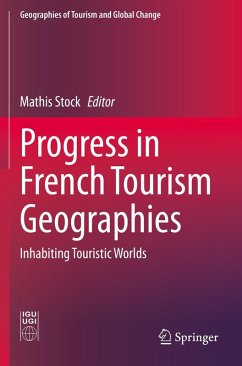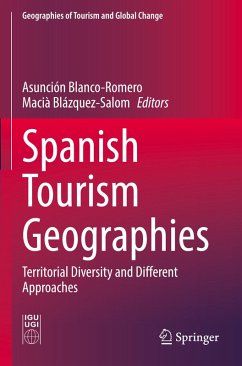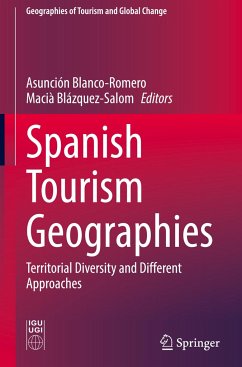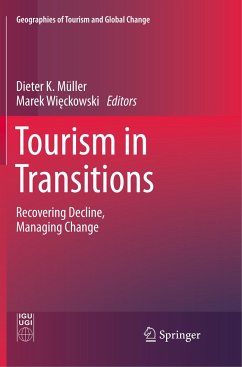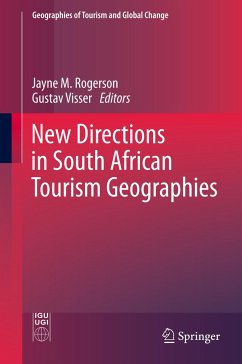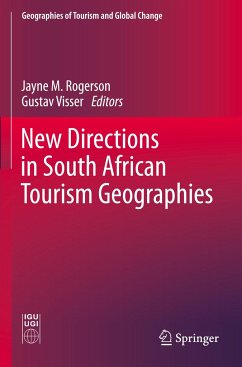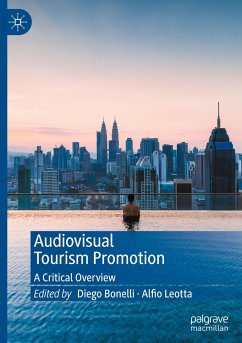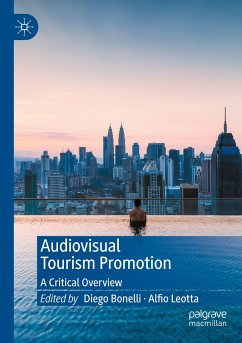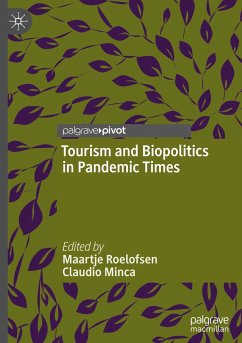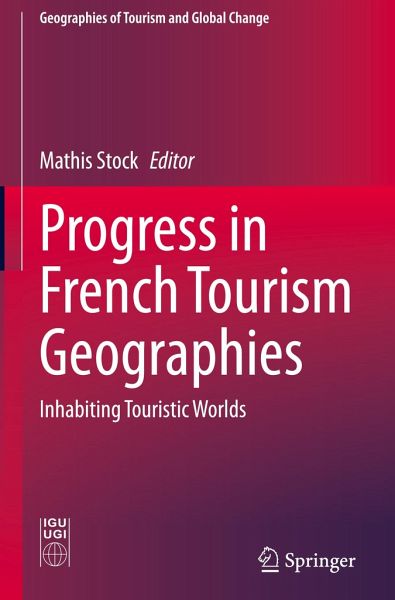
Progress in French Tourism Geographies
Inhabiting Touristic Worlds
Herausgegeben: Stock, Mathis

PAYBACK Punkte
21 °P sammeln!
This book provides an overview of the recent progress in Francophone tourism geography. It focuses on the theoretical advances in social and cultural geography, whereby the symbolic dimensions of tourism and the creation of tourism worlds are key. It puts forward the tourist conceived as mobile, situated, skilled, reflexive inhabitant of places, which gives all its meaning to the expression "inhabiting touristic worlds". More specifically, this book addresses numerous rarely addressed issues such as the geo-history of tourism, the material cultures of tourists, the digitality and disconnection...
This book provides an overview of the recent progress in Francophone tourism geography. It focuses on the theoretical advances in social and cultural geography, whereby the symbolic dimensions of tourism and the creation of tourism worlds are key. It puts forward the tourist conceived as mobile, situated, skilled, reflexive inhabitant of places, which gives all its meaning to the expression "inhabiting touristic worlds". More specifically, this book addresses numerous rarely addressed issues such as the geo-history of tourism, the material cultures of tourists, the digitality and disconnection from digital technologies in National Parcs or the use of knowledge of tourists in metropolises. It gives insights in the specific Francophone approaches such as inhabiting, the urbanity of tourist resorts and the notion of territory in tourist studies. Finally, it provides an overview of the urban dimensions of tourism, place-making in the form of heritage, oasis tourism, sports tourism, production of space in Mexican resorts. As such, the book provides a key read for academics, students and professionals in tourism studies and tourism geography in search for alternative approaches.



